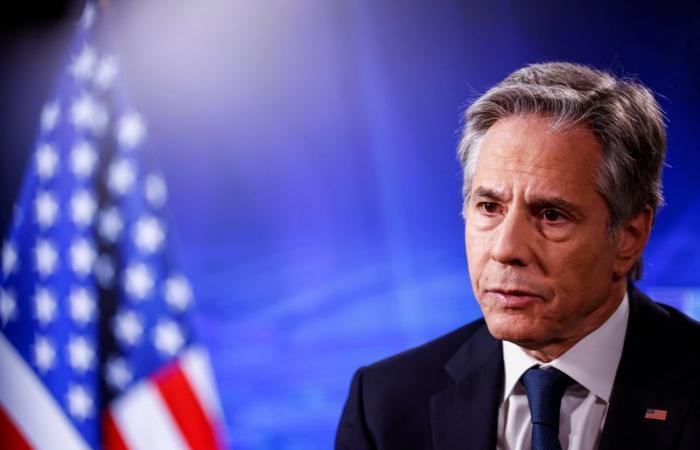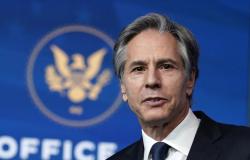Russian Foreign Minister Sergei Lavrov and his outgoing US counterpart, Antony Blinken, are set to clash over the Ukraine war on Thursday at the annual meeting of the Organization for Security and Cooperation in Europe (OSCE) which is held in Malta.
While Ukraine will be the dominant political issue, the meeting is expected to formally approve last-minute deals reached on issues such as leadership positions in the security and rights body, where Western powers accuse Russia often flouts human rights and other international standards.
The gathering of foreign ministers and other officials from 57 participating states from North America, Europe and Central Asia is overshadowed this year by the return of United States President-elect Donald Trump, whose Advisors float proposals to end the war that would cede large parts of Ukraine to Russia.
With Mr. Trump taking office just over a month away, Western powers plan to reiterate their support for Ukraine, while Russia will likely renew its criticism of the organization. Last year, Lavrov said the OSCE was “essentially transformed into an appendage of NATO and the European Union.”
This is Lavrov's first trip to the European Union since Russia launched its all-out invasion of Ukraine in February 2022.
The OSCE is the successor to a body created during the Cold War to enable East and West to engage with each other. However, in recent years, and particularly since the invasion of Ukraine, Russia has used the veto power each country has to block many important decisions, often paralyzing the organization.
This year, however, the countries blocking the OSCE budget deal are Armenia and Azerbaijan rather than Russia, diplomats say, over issues related to their conflict in the disputed Nagorno-Nagorno territory. Karabakh.
Diplomats say a deal was reached this week to fill four top OSCE posts, including secretary general, to be filled by Turkey's Feridun Sinirlioglu, who was foreign minister in an interim government in 2015.
The OSCE's most important annual decision, which country will hold the next annual rotating presidency, has long been settled, as Finland will hold it for the 50th anniversary of the Helsinki Final Act, which launched the foundations of the current OSCE.






